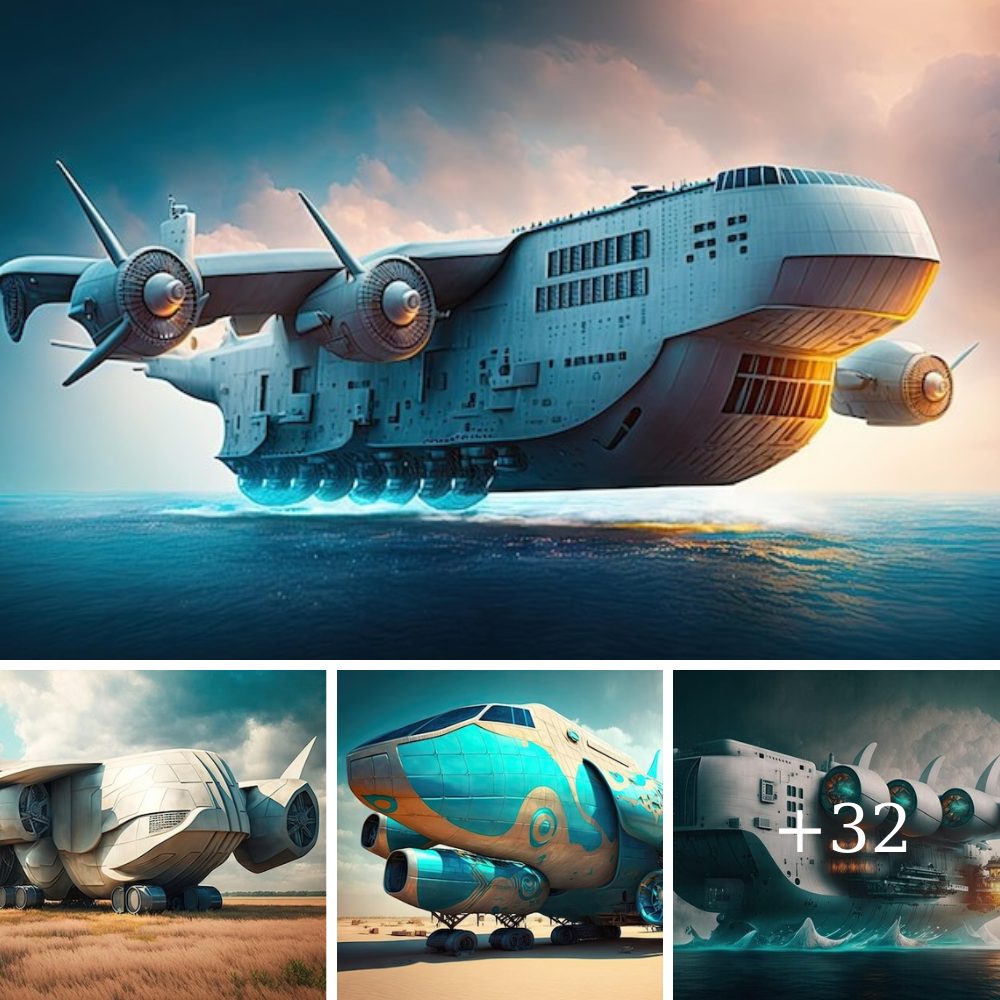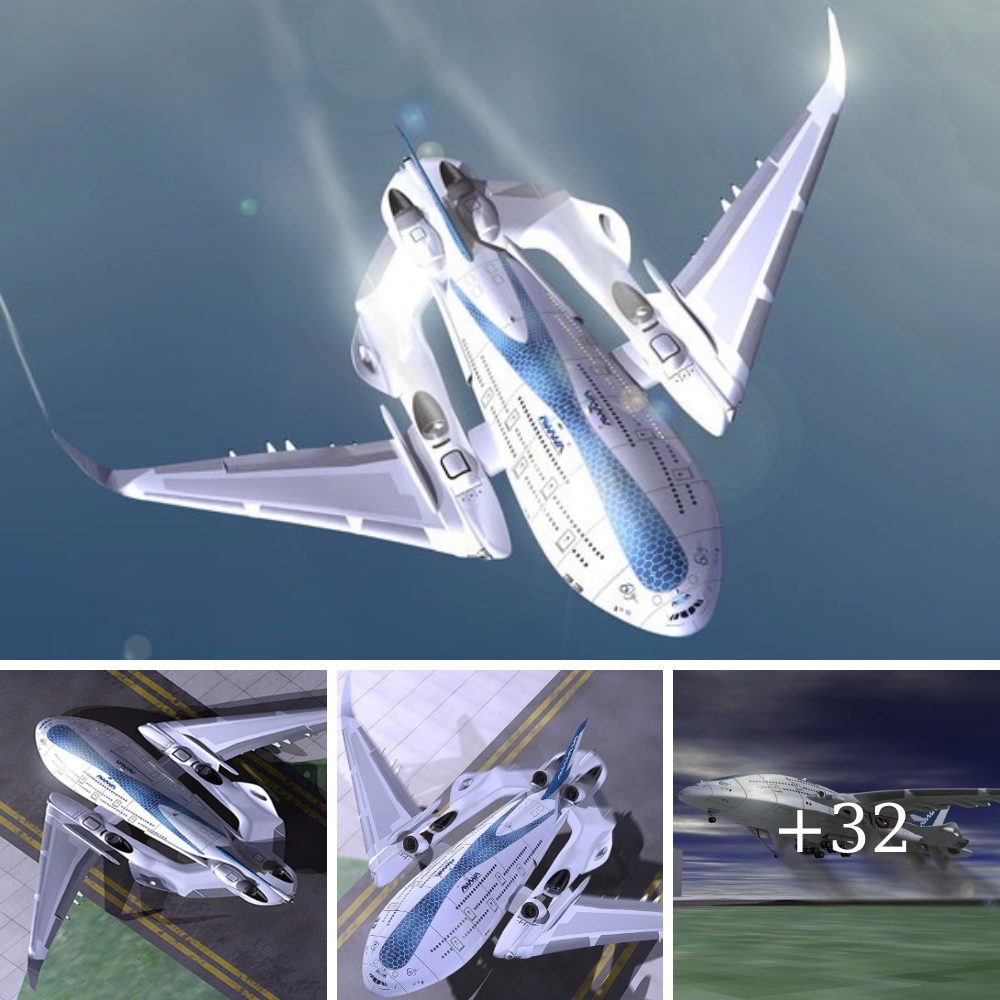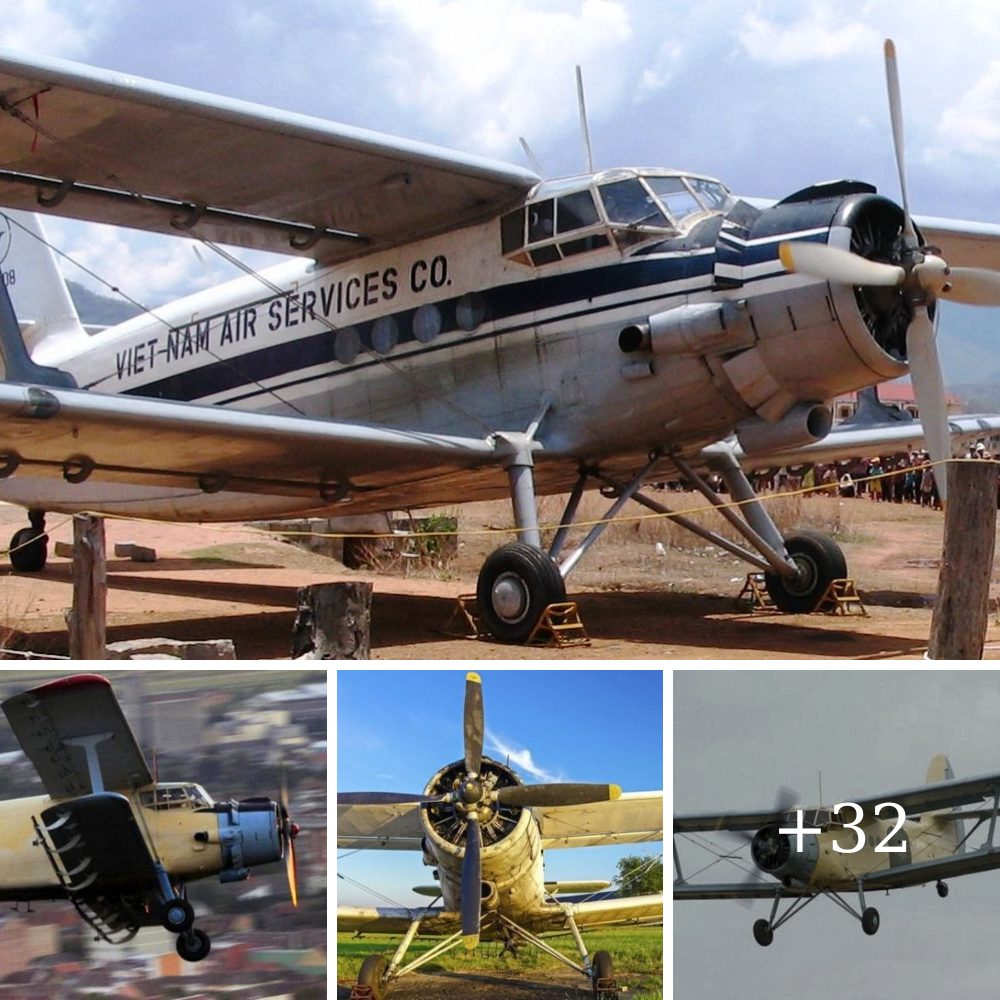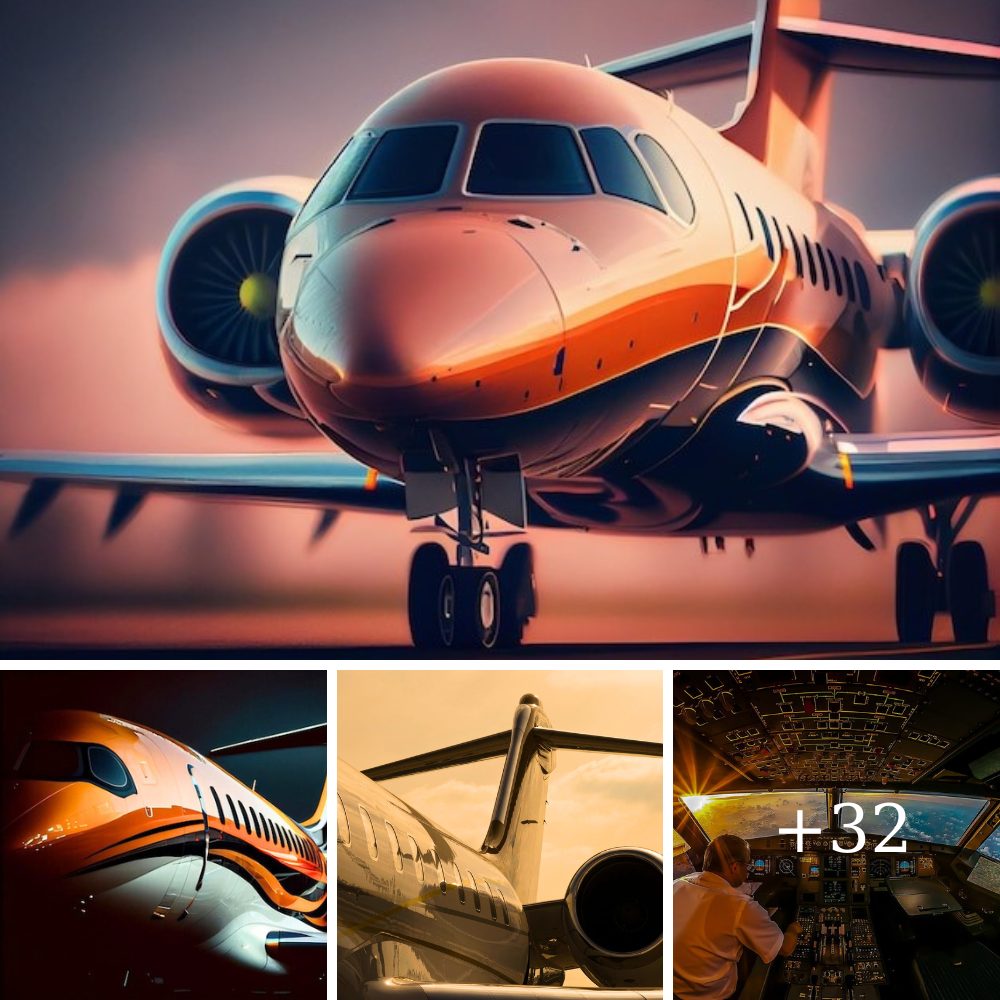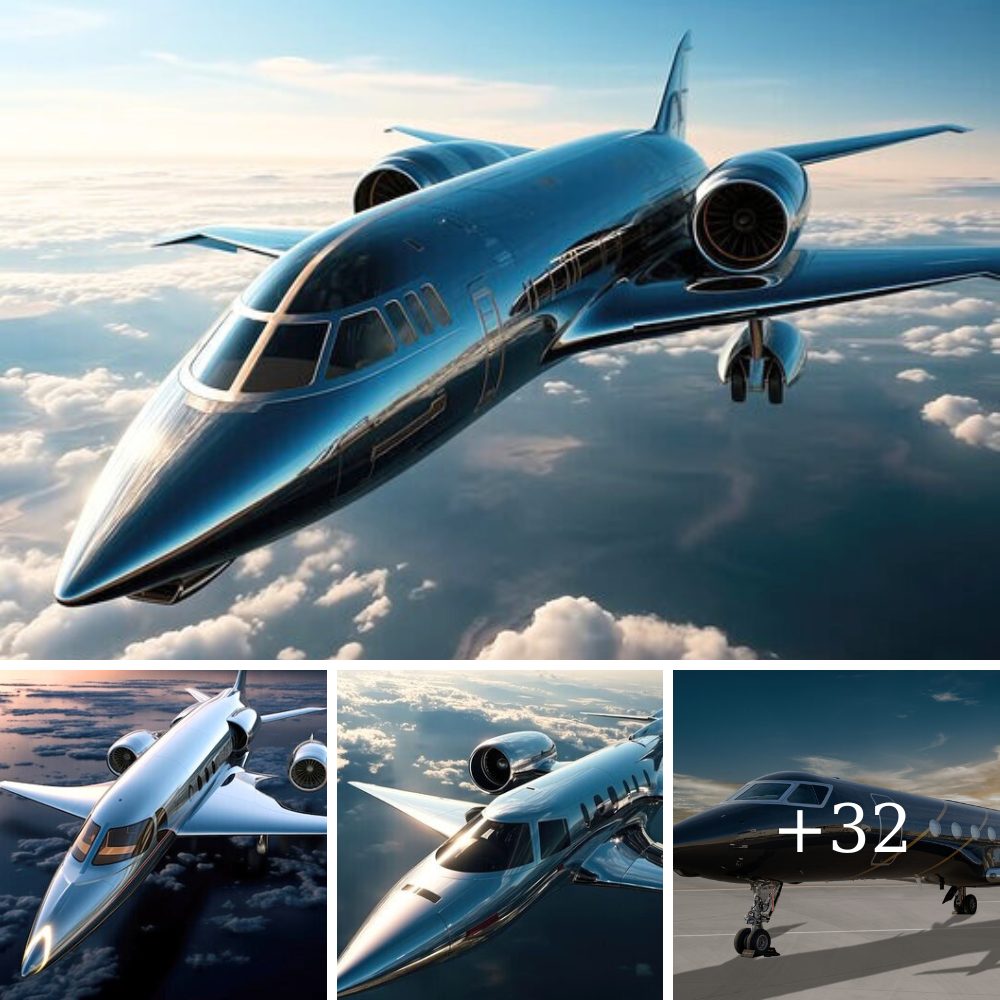Beta Technologies has announced plans to take its CX300 electric aircraft, a fixed-wing version of the Alia eVTOL unveiled in 2020, through the certification process and into production for regional medical, cargo, defense and passenger applications.
Development of the Beta’s Alia electric vertical take-off and landing (eVTOL) aircraft began some five years ago with work on its flight controller and algorithm, before the current prototype managed its first hover in 2020. A conventional take-off and landing (eCTOL) version has also been prototyped, which allows the company to gather more performance data and work on hover and winged flight at the same time.
“We have been flying our eCTOL prototype airport-to-airport for a few years now to drive technological advancements in propulsion and systems, and now we’re seeing that there is a clear market for this product in addition to our eVTOL aircraft,” said company founder and CEO, Kyle Clark. “Global operators are looking for practical solutions to help meet their sustainability commitments, and after seeing the cost and performance of this prototype, our customers are eager to integrate it into their fleet. With its known certification and operational path, this aircraft represents an opportunity to get electric aviation into the market, and into the hands of our customers, as quickly as possible.”
That eCTOL flavor has been named the CX300, and has so far clocked up more than 22,000 miles (35,400 km) in the air, and is said to be the only electric aircraft that’s flown through busy Class B and C airspace, operating in a variety of weather conditions. Test pilots from the US Air Force, Army and FAA have undertaken evaluation flights to assess capabilities. And the company has demonstrated that the aircraft can go the distance, flying 386 miles (620 km) on a single charge between Jamestown, NY, and Plattsburgh, NY.
Beta reports that the Alia-250 eVTOL is already making good progress through the Federal Aviation Authority’s certification program. An application for Type Certification under the FAA’s Part 23 small airplane regulations for the fixed-wing variant has been in since last year, with the company able to “economize validation of our high performance solutions” thanks to the two aircraft sharing the same airframe, batteries, propulsion and systems designs.
Beta is currently putting the finishing touches to a production facility in South Burlington, VT, where it’s hoped final assembly and manufacturing of the CX300 will start in the coming months. Should everything else go to plan, the company expects to begin deliveries to customers from 2025, with network operators including Air New Zealand, Bristow and United Therapeutics already placing orders for the CX300 as they look to electrify their fleets going forward. Production model specs have not been shared at this time.
Meanwhile, Beta is building a multi-modal charging network across the US to support the switch to electric aviation, which is designed to support e-flyers from other companies as well as electric cars. There are nine sites online at the moment, 15 more going live by the year end, and more than 50 in development.

